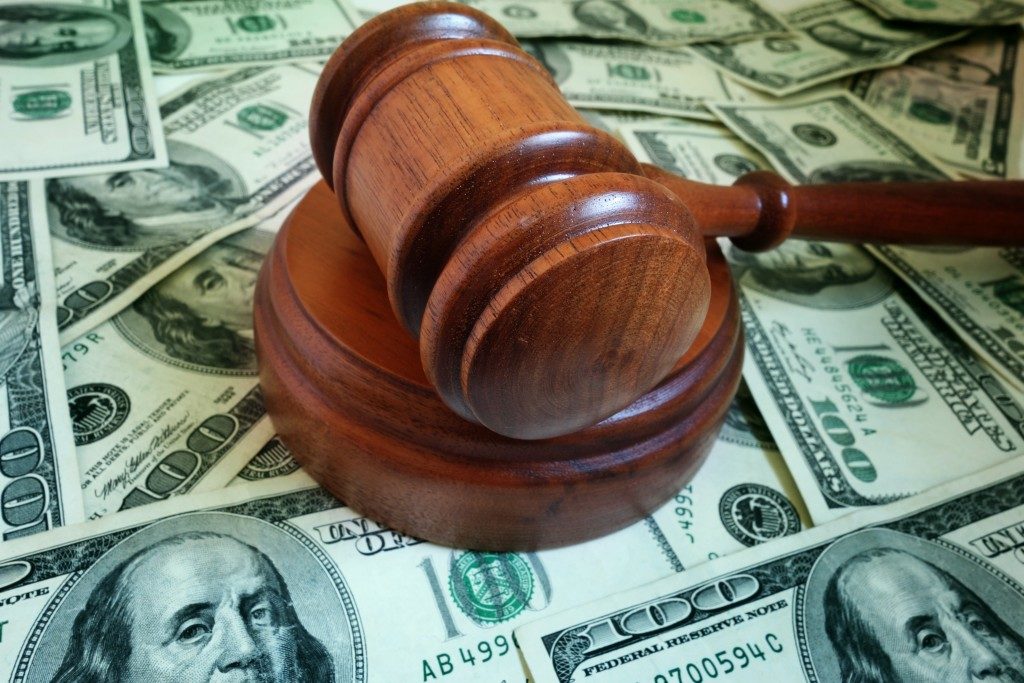Transportation of goods over water has been part of human history for a long time. Protection for goods and ships has been too—in fact, it’s one of the oldest forms of insurance in the world. Marine liability insurance for charterers, ports, and ship repair yards are necessary.
Here are a couple of reasons marine insurance is a priority for seafaring businesses.
Provides Basic Protection from Unexpected Losses
Business insurance is a must-have. In some cases, it is a requirement. These policies protect the interests of a company or an individual against unexpected losses or unwanted risk. Marine liability insurance works the same way for businesses that incur damage at sea, whether to workers, cargo or vessels. If you have a great charterers liability insurance, you’ll be able to enjoy peace of mind knowing that you’re covered for surprise losses.
Offers Risk Financing against Lawsuits and Claims

Marine liability insurance protects the insured from lawsuits and other legal claims that fall in the purview of the insured’s policy. This policy differs from company to company and is usually paired up with Property and Worker’s Compensation Insurance for full coverage.
Comprehensive basic policies cover general liability, products and completed operations insurance. Damages that occur after completion or abandonment of operations, on products handled by the insured or on premises occupied by policyholders are indemnified. Medical payments and fire damage provide coverage for harm caused by the insured’s negligence to workers or property.
These policies may have extras thrown in for liability of other organisations that will handle your vessels or cargo. Terminal operators may opt to have their own liabilities covered. Similar policies are available for charterers, wharfingers, ship repairers and stevedores.
Differentiating Marine General Liability Insurance and General Liability Insurance
Marine general liability insurance differs from general liability insurance. The latter typically does not cover watercraft, which defeats the purpose of obtaining it for your seafaring business. Exclusions may even include your business if you’re a charterer, boat dealer or ship repairer. It does not cover installation of aftermarket parts to boats as part of repairs or upgrades.
Other Insurance Needs
Apart from marine liability insurance, you may want to consider other insurance options. Marine cargo insurance, for instance, covers the goods of customers aboard the ship. It’s a cost-effective way of covering yourself and your customers in case their cargo is damaged or lost in transit.
Marine freight insurance is another option you can consider. What makes this insurance unique is that it protects companies from losing money in the form of freight in cases of an unprecedented accident or event.
Hull and machinery insurance, meanwhile, insure a vessel, its machinery and equipment. Depending on the type of cover, the policyholder may be covered on the following: Total loss, repair, prevention and missing vessels.
Be careful when shopping around for the right kind of marine liability insurance. Read up on a prospective insurance broker’s coverage and their history to know if you’re going to get the best deal possible. Not all marine insurers are equal, so read up and get the best for your business.